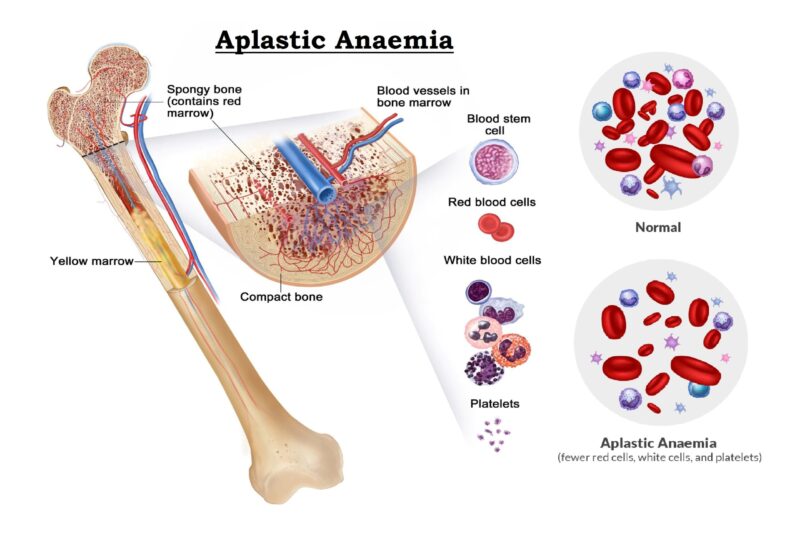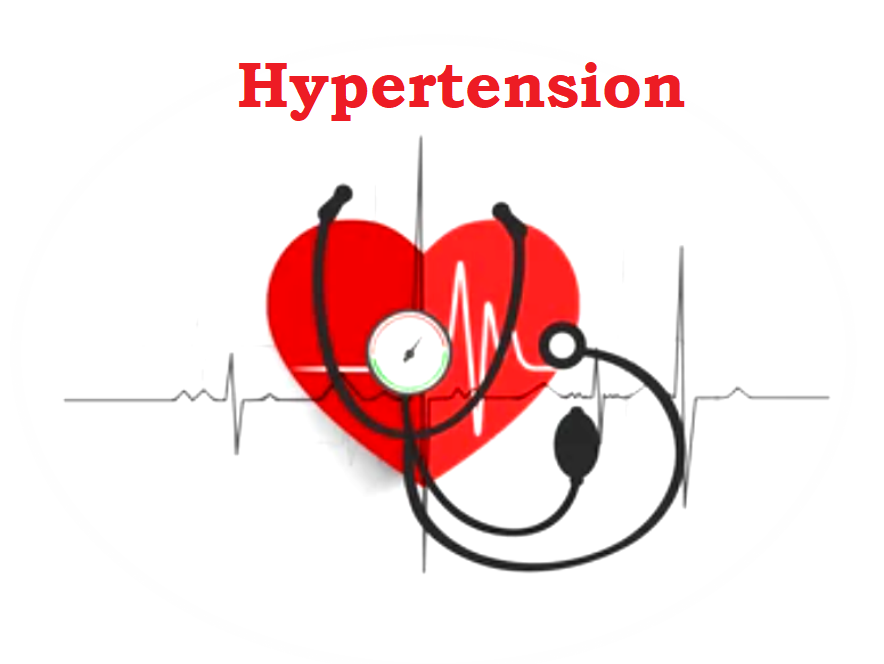CDC has developed a new laboratory test kit for use in testing patient specimens for 2019 novel coronavirus (2019-nCoV). The test kit is called the “Centers for Disease Control and Prevention (CDC) 2019-Novel Coronavirus (2019-nCoV) Real-Time Reverse Transcriptase (RT)-PCR Diagnostic Panel.” It is intended for use with the Applied Biosystems 7500 Fast DX Real-Time PCR Instrument with SDS 1.4 software. This test is intended for use with upper and lower respiratory specimens collected from persons who meet CDC criteria for 2019-nCoV testing.
CDC’s test kit is intended for use by laboratories designated by CDC as qualified, and in the United States, certified under the Clinical Laboratory Improvement Amendments (CLIA) to perform high complexity tests. The test kits also will be shipped to qualified international laboratories, such as World Health Organization (WHO) Global Influenza Surveillance Response System (GISRS) laboratories. The test will not be available in U.S. hospitals or other primary care settings. The kits will be distributed through the International Reagent Resource external icon (IRR).
On Monday, February 3, 2020, CDC submitted an Emergency Use Authorization (EUA) package to the U.S. Food and Drug Administration (FDA) in order to expedite FDA permitted use of the CDC 2019-nCoV Real-Time RT-PCR Diagnostic Panel in the United States. The EUA process enables FDA to consider and authorize the use of unapproved, but potentially life-saving medical or diagnostic products during a public health emergency. The U.S. Secretary of Health and Human Services declared the 2019-nCoV virus a U.S. public health emergency on Friday, January 31, 2020. FDA issued the EUA on February 4, 2020.
A test to diagnose COVID-19 determines whether the people are actively infected and have the disease. The most common test involves inserting a swab up the nose to take a sample of fluid for testing. Sometimes a throat swab is done instead. A COVID-19 saliva test, recently approved by the FDA, is less risky for the health care worker to collect the sample. The person spits into a plastic tube several times and hands the tube back to the health care worker. The FDA approved one at-home nasal swab kit. After a doctor approves testing as medically appropriate, the person sends the self-collected sample to a lab for testing. With limited kits available at this time, health care workers and first responders get priority. The FDA warns consumers against buying unapproved home tests, because they may be inaccurate and unsafe.




